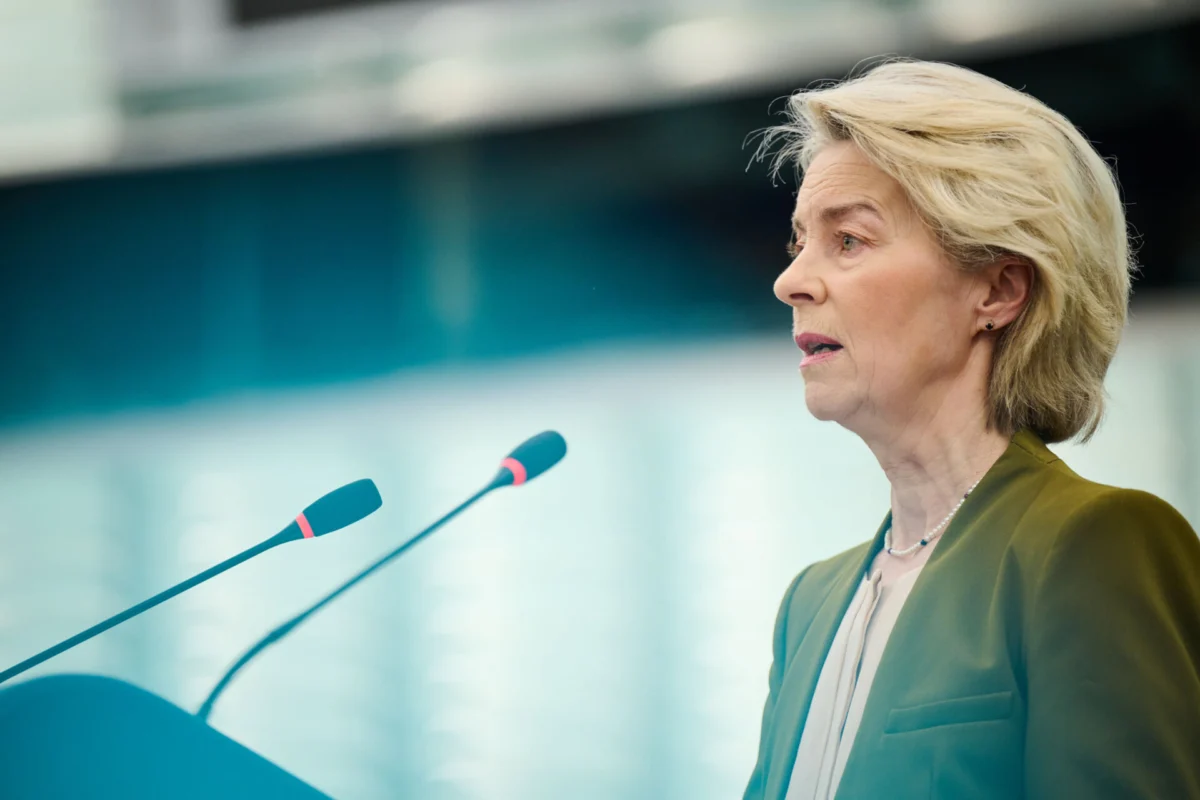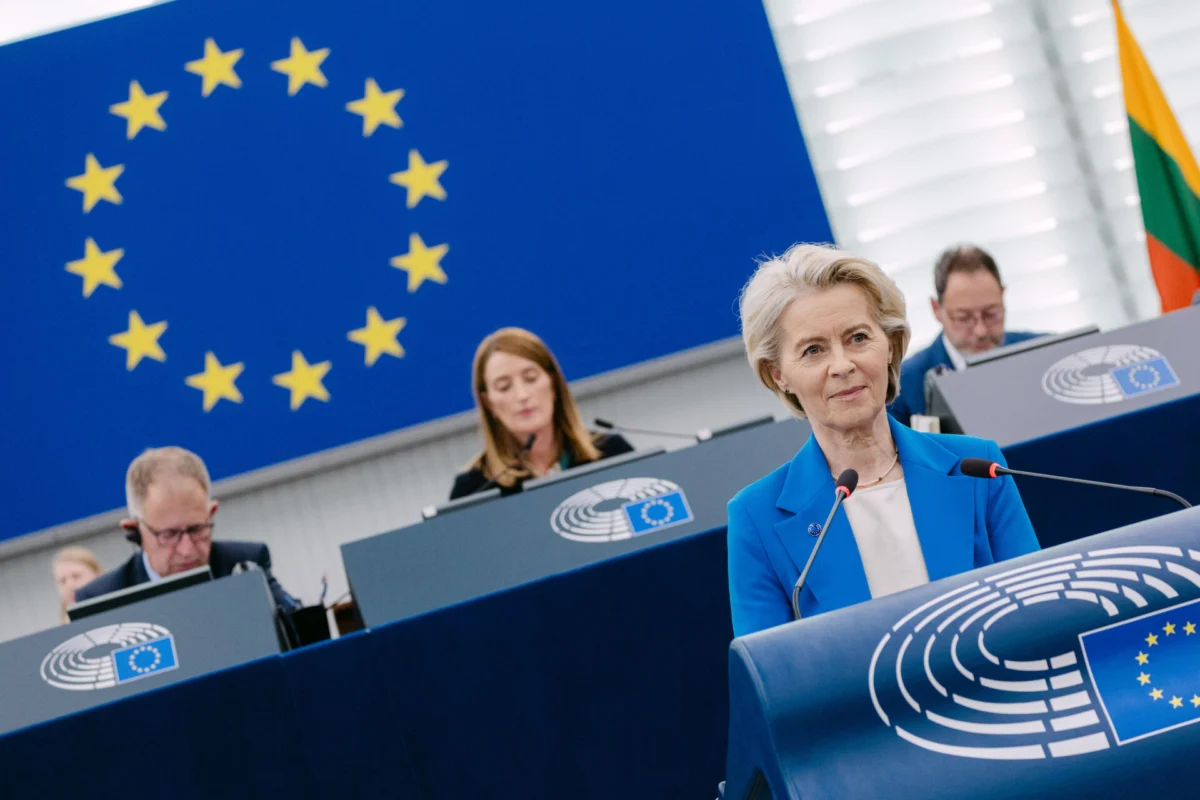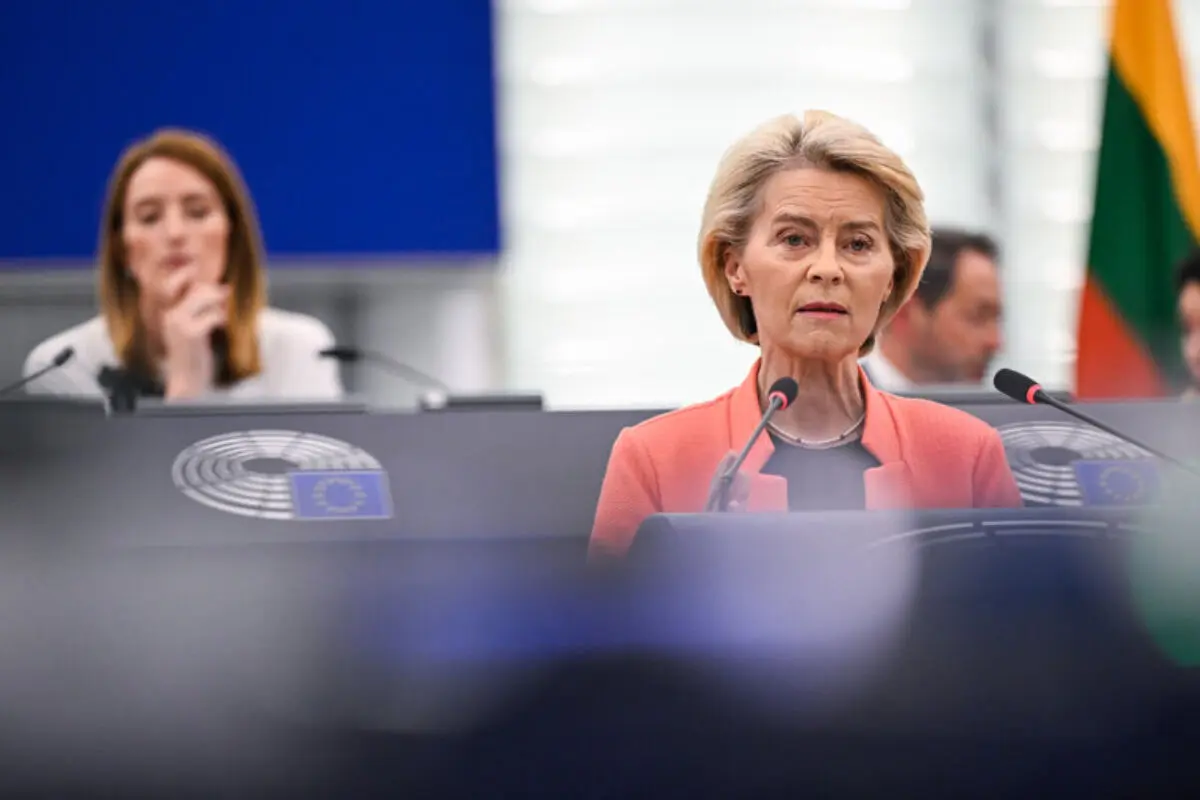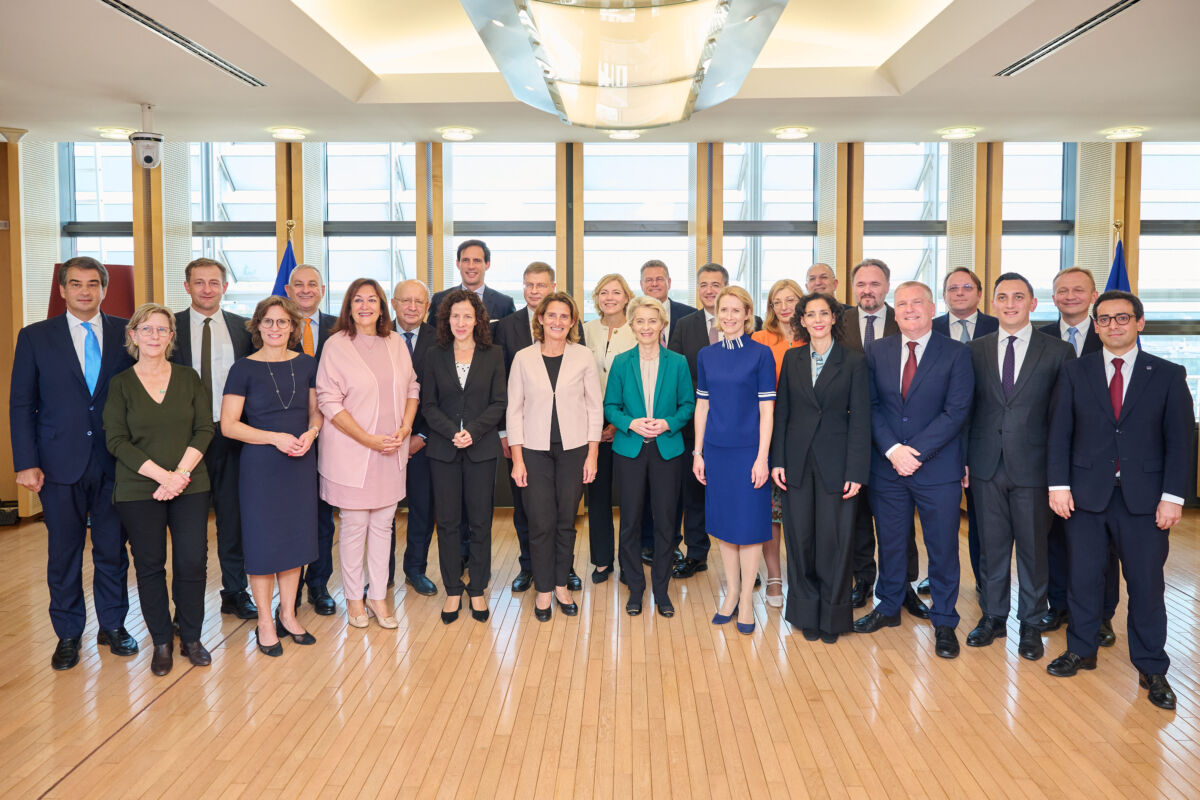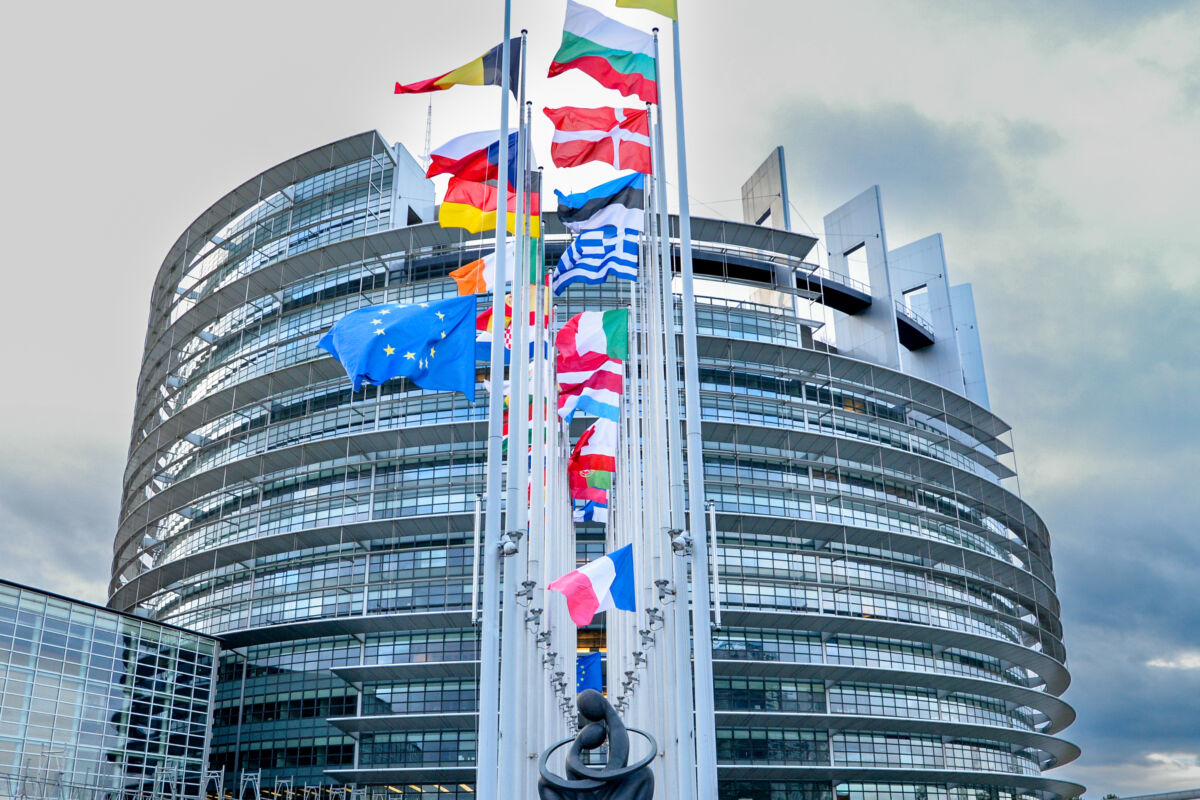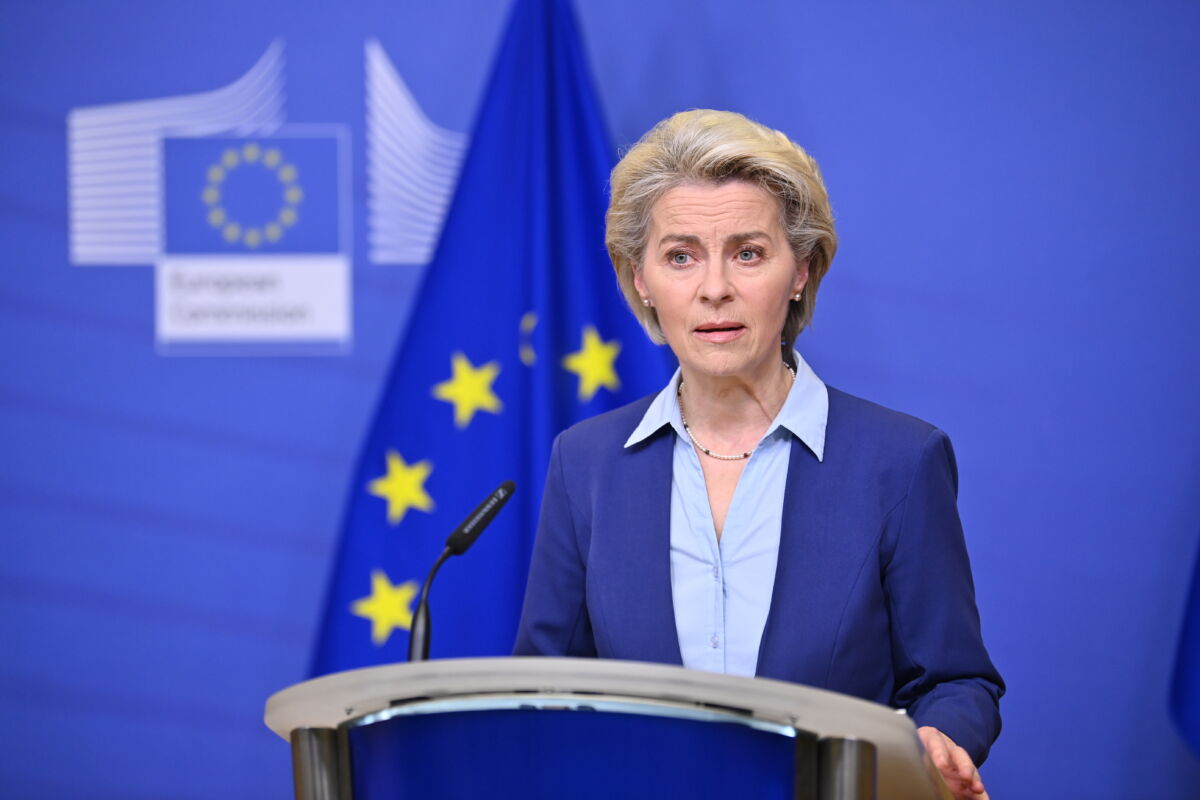Hungarian women have it tough. Recently, the two highest-positioned female members of the Hungarian government, President Katalin Novák and former Chair of the Committee on European Affairs, Judit Varga, resigned over a scandal where they pardoned a man implicated in paedophilic sexual abuse. Hungary also has one of the lowest EU Gender Equality Index scores and was partly responsible for the recent Directive on combating violence against women and domestic violence not recognising non-consensual sex as rape.
It also refuses to ratify the Istanbul Convention against domestic violence, with the asinine excuse that the treaty is a sneaky attempt to ‘push’ gender politics.
Many Hungarians do not share their leadership’s opinion, as evidenced by frequent protests, value survey results and protest submissions to governmental (read: propagandist) ‘national consultations’ and referenda all showing that Hungary is a deeply divided society.
This is even more worrying as Hungary is scheduled to chair the next rotating Council presidency. As chair, it will have the power to set the Council’s agenda and influence trilogue discussions to a much greater extent than before. If one adds that the next European Parliament might express more conservative social values than the current one, there’s a high risk that the next generation of European institutions will overlook key issues such as gender violence and transphobia.
Gender equality and minority rights are not EU competencies, they are matters of culture. While it is necessary for there to be room in the EU for a gradient of opinions, issues of gender and sexuality are treated as second-class policy priorities at EU level – even though the EU touts its values of freedom, equality and protection of human rights.
So what are those who support gender equality to do?
While there’s talk of blocking Hungary from taking up the Council mantle, this would be misguided as it would only fuel Orbánesque propaganda about how the EU is an elitist club that doesn’t tolerate any disagreement. It would also not further progress in gender equality.
Instead, the upcoming election season and the formation of a new Commission and Parliament should be taken as an opportunity to discuss inclusive values on a public and international level. In the absence of a top-down approach, gender policies present a chance to test deliberative democracy, to have dialogue where participants must go beyond stating their opinions or reciting soundbites.
Concretely, independent organisations with policy expertise could organise a series of open deliberative sessions on gender-related policy in the EU Member States. Civil society, MEPs, activists and experts could be invited to these sessions, taking care that a multitude of opinions and multiple pockets of society are represented when discussing key topics, such as the overall aims and impact of the Istanbul Treaty. The Citizens’ Assemblies in Ireland are a great example of such a deliberative democracy process, which led to the removal of a ban on abortion from the Irish Constitution.
Deliberative processes are not debates – the focus is on information exchange and understanding each other’s opinions. It must be clear that the moderation of these sessions doesn’t steer the discussion; it shouldn’t be the organisers’ goal to convince participants of any particular political view. This should be emphasised as much as possible to ensure that those with minority or controversial opinions don’t exclude themselves from the proceedings. Rather, the focus should be on opinion exchange, collective goal-setting, and then finding ways to reach those collective goals. For example, if the participants decide that they wish to support the ratification of the Istanbul Convention, they could decide to write petitions, campaign for referendums, and interact with decision-makers.
However, having this deliberative series would require funding and mass mobilisation. The European Institute for Gender Equality (EIGE) and the Joint Research Centre (JRC) could be immediately interested in such a venture. Crowdfunding is unlikely to raise the necessary amount. A viable option would be to source a foundation willing to provide a grant for ambitious projects that push equality forward.
The best-case scenario would be if a permanent Citizens’ Assembly, such as the one proposed by Democratic Odyssey (and in CEPS’ own Radicality of Sunlight report), were established and tasked with discussing issues that influence social cohesion across the EU. Assemblies can help participants gain a better idea of how certain problems are addressed in different countries, and the trade-offs that go into policymaking. This could help them take a more informed vote. There’s also speculation that participating in citizen assemblies raises one’s likeliness to vote, although there are currently no studies on this.
Looping back to Hungary, a deliberation series or a Citizens’ Assembly would be useful for discussing issues where Hungary is falling behind (raising awareness and willingness to act), for providing an educational service and encouraging citizens to exchange information on issues where there is a lot of wilful unclarity. These would also provide reoccurring outlets which civil society and activists could organise around.
So, let’s review – there’s a rising risk of gender-related issues falling through the political cracks as Hungary takes on the Council presidency in parallel with a European Parliament that will likely hold more conservative social values.
Deliberative dialogue, preferably in the form of a reoccurring series of talks or a dedicated Citizens’ Assembly, could counter this risk and provide a strong testing ground for a potentially very successful democratic innovation. To be clear, the point isn’t to convince naysayers of more progressive values, but to make sure that topics that aren’t the trilogue’s cup of tea are still discussed.
There are already very developed ideas on how to create such a forum – all that’s needed now is the will to implement.
To mark International Women’s Day on Friday 8 March, this commentary is the second of a week-long series to highlight the insights and expertise of some of our talented female researchers. Keep a lookout over the coming days for the next commentaries in the series!




